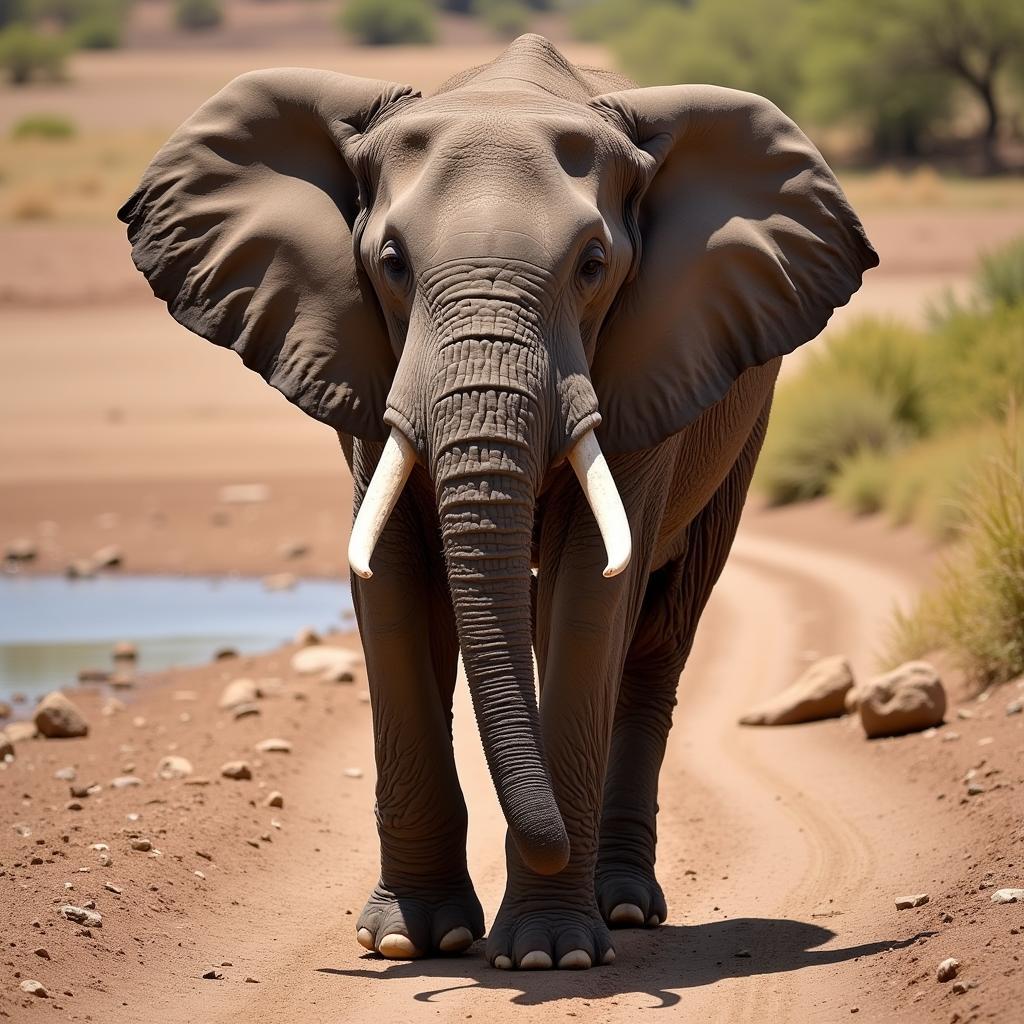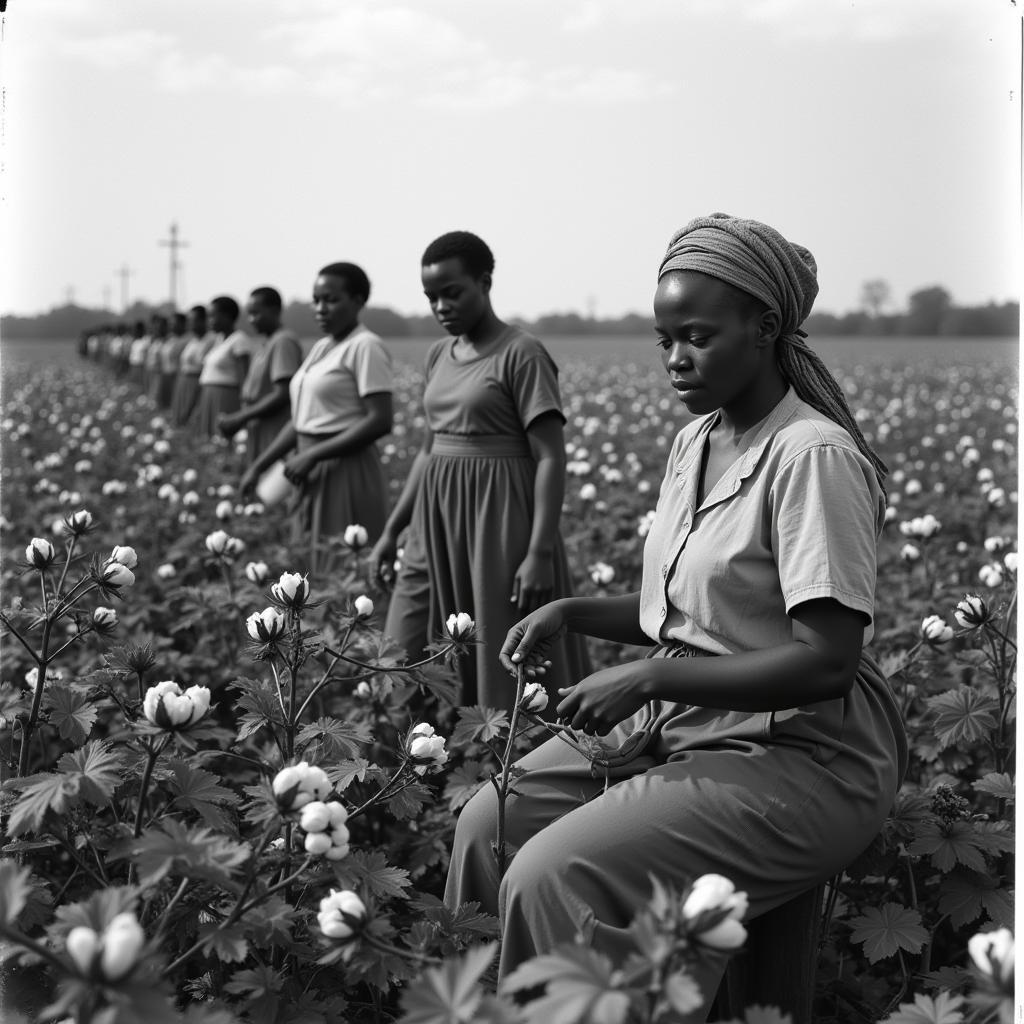The Unseen Web: Exploring African Drug Mafias
The term “African Drug Mafias” might seem ripped from a Hollywood thriller, but the reality is far less glamorous and infinitely more complex. While often overshadowed by narratives focusing on Latin American or Asian drug trafficking routes, the African continent faces its own set of challenges posed by organized criminal networks involved in the illicit drug trade.
From Transit Point to Production Hub: The Shifting Landscape of African Drug Trafficking
Historically, Africa primarily served as a transit point for drugs, particularly cocaine and heroin, being trafficked from South America and Asia to lucrative markets in Europe and North America. This perception began to shift in the early 2000s as evidence emerged indicating a growing role for African criminal organizations in all facets of the drug trade, including production, processing, and distribution.
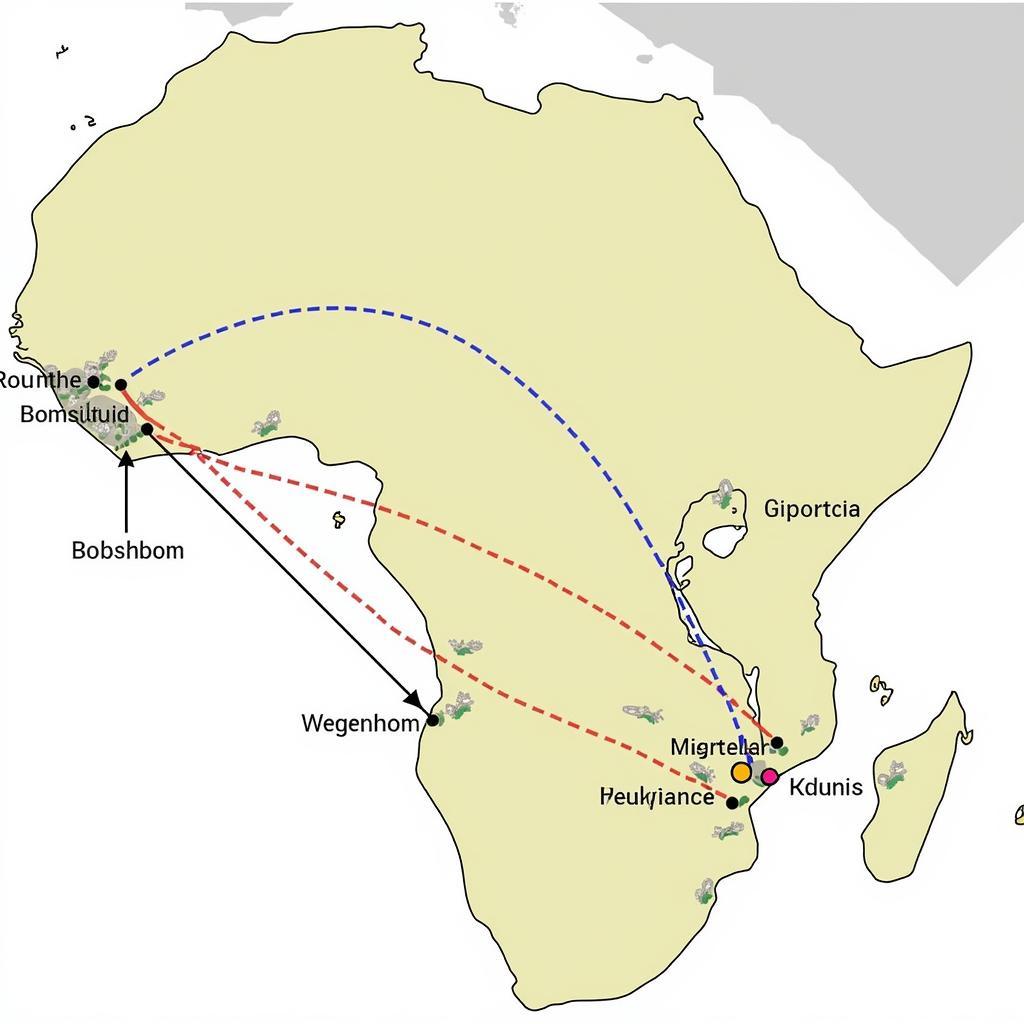 West African drug trafficking route
West African drug trafficking route
Several factors contributed to this evolution. Political instability, weak law enforcement, and porous borders in various parts of the continent created an environment ripe for exploitation by criminal groups. Additionally, poverty, unemployment, and lack of opportunity, particularly among young populations, fueled recruitment into these illicit activities, often seen as a means of economic survival.
Beyond Cannabis: Diversification and Adaptation in the Drug Market
While cannabis remains a significant part of the African drug trade, particularly in North Africa, the market has witnessed a disturbing trend toward diversification. Synthetic drugs, like methamphetamine and tramadol, are increasingly being produced locally, often utilizing precursor chemicals smuggled in from Asia. This shift is particularly alarming due to the devastating health and social consequences associated with these highly addictive substances.
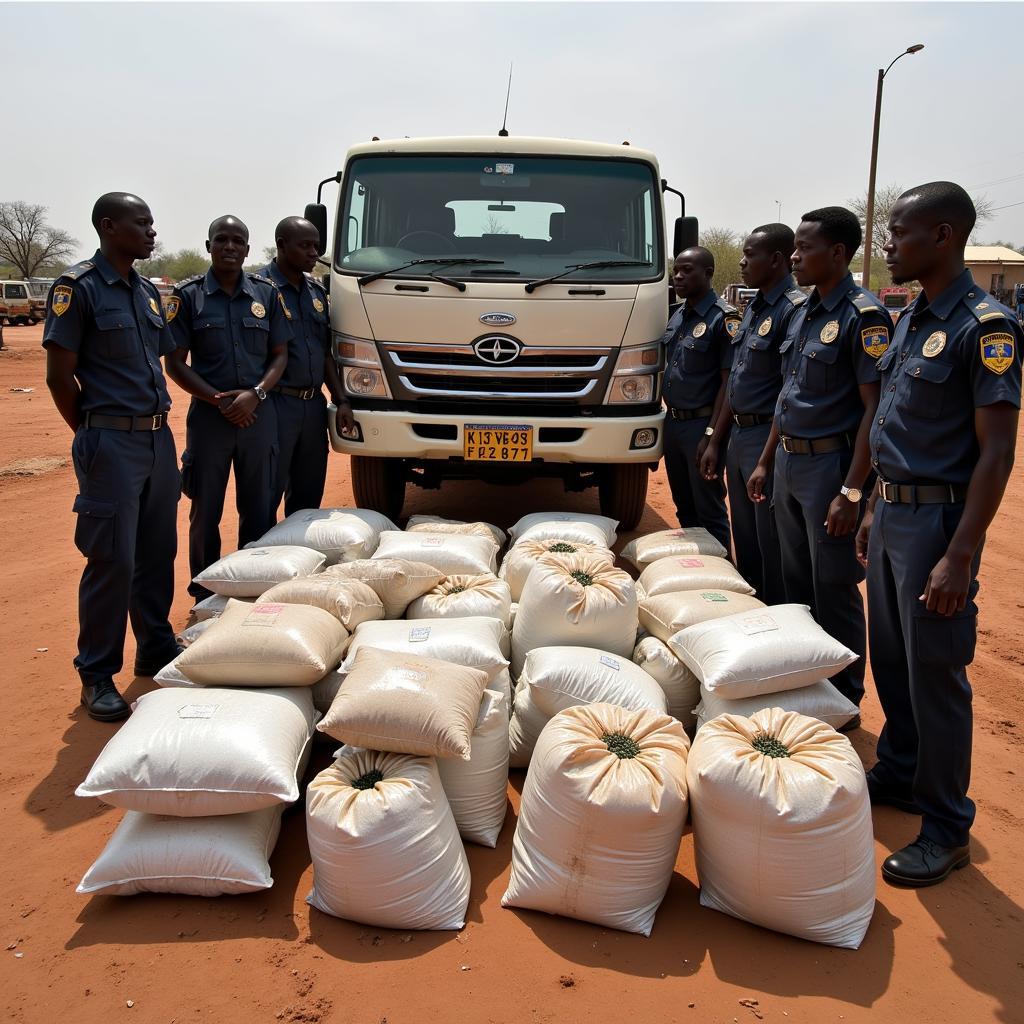 African drug enforcement efforts
African drug enforcement efforts
Furthermore, African drug mafias have demonstrated a remarkable ability to adapt their strategies to circumvent law enforcement efforts. They employ sophisticated smuggling methods, leveraging maritime routes, air cargo, and even human couriers. Corruption also plays a significant role, with bribes and intimidation tactics used to infiltrate government institutions and security agencies.
The Human Cost and Global Impact of African Drug Mafias
The impact of African drug mafias extends far beyond the continent’s borders. The illicit drug trade fuels violence and instability, undermines the rule of law, and hinders economic development. Drug-related crime tears at the fabric of communities, leaving a trail of addiction, broken families, and lost potential in its wake.
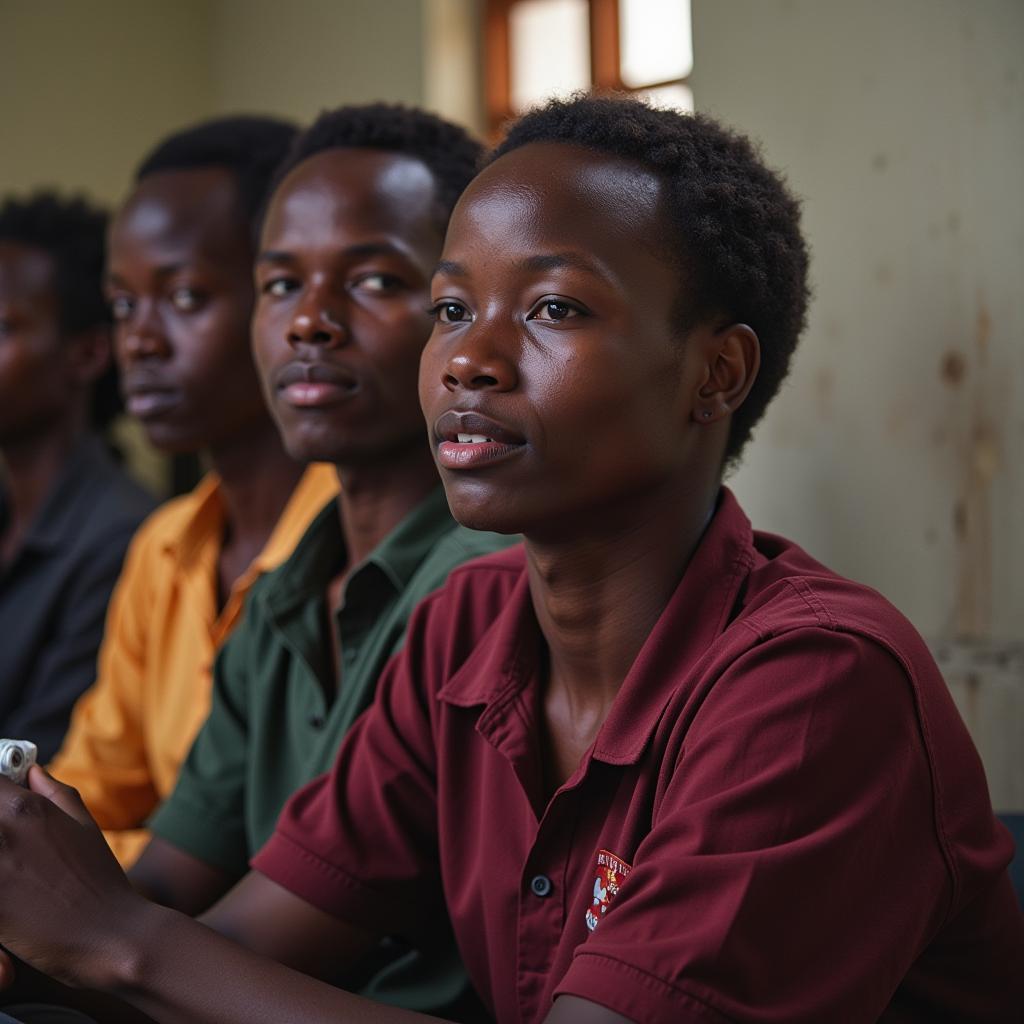 African drug rehabilitation center
African drug rehabilitation center
On a global scale, the growing involvement of African criminal networks in the drug trade poses a significant security threat. Their collaboration with transnational organized crime syndicates operating in other regions facilitates the flow of not only drugs but also weapons, counterfeit goods, and even human beings.
Conclusion: A Multifaceted Challenge Requiring a Coordinated Response
Addressing the complex issue of African drug mafias demands a multi-pronged approach involving regional and international cooperation, strengthened law enforcement capabilities, and targeted socio-economic interventions. Disrupting trafficking routes, dismantling criminal networks, and addressing the root causes of drug involvement are crucial steps toward mitigating the devastating impact of this illicit trade on the African continent and beyond.

